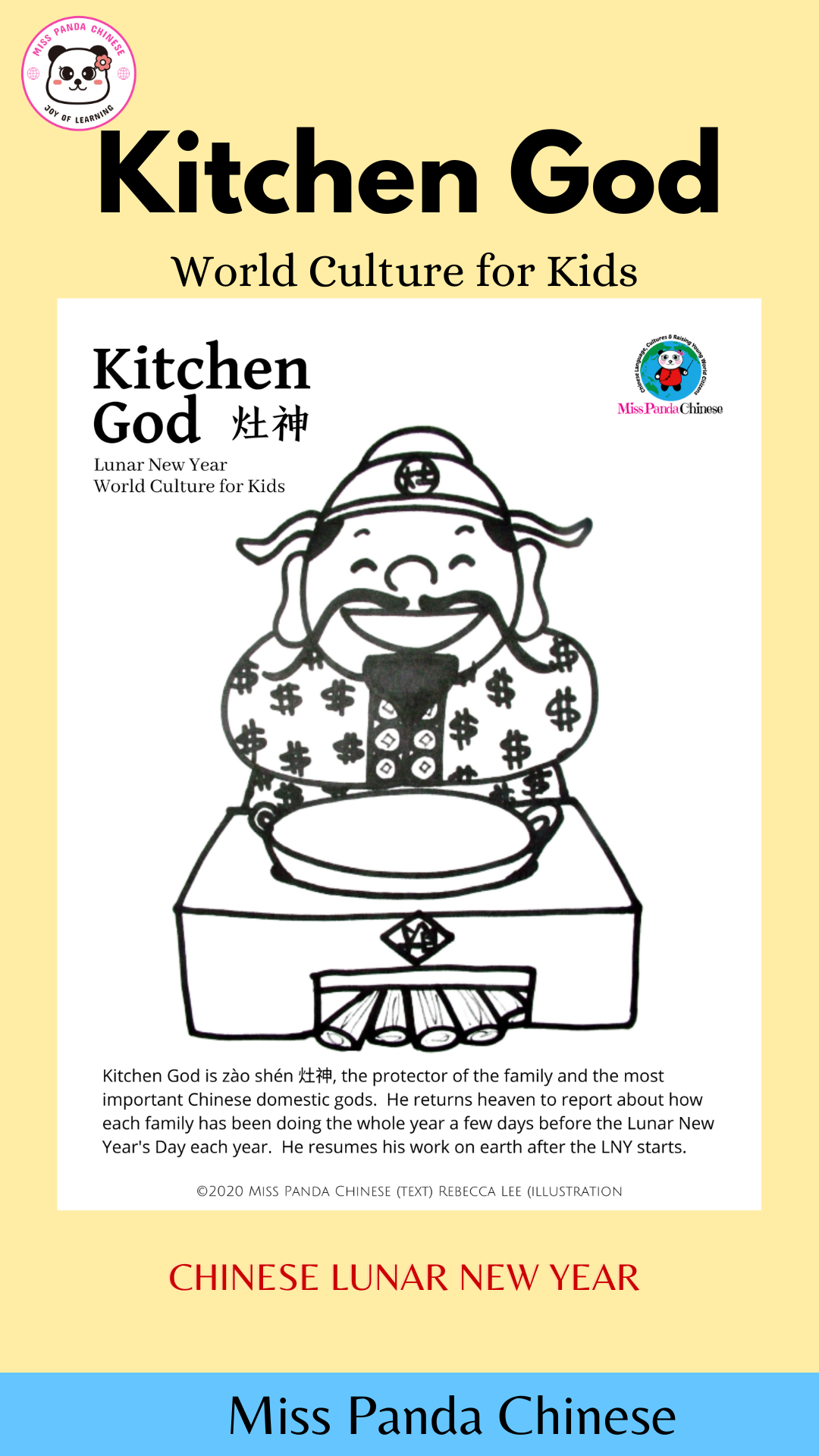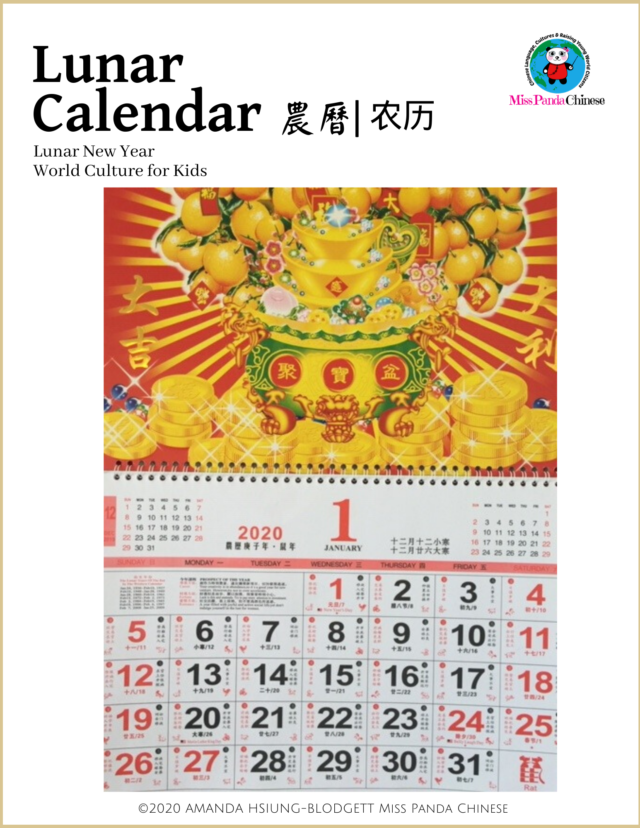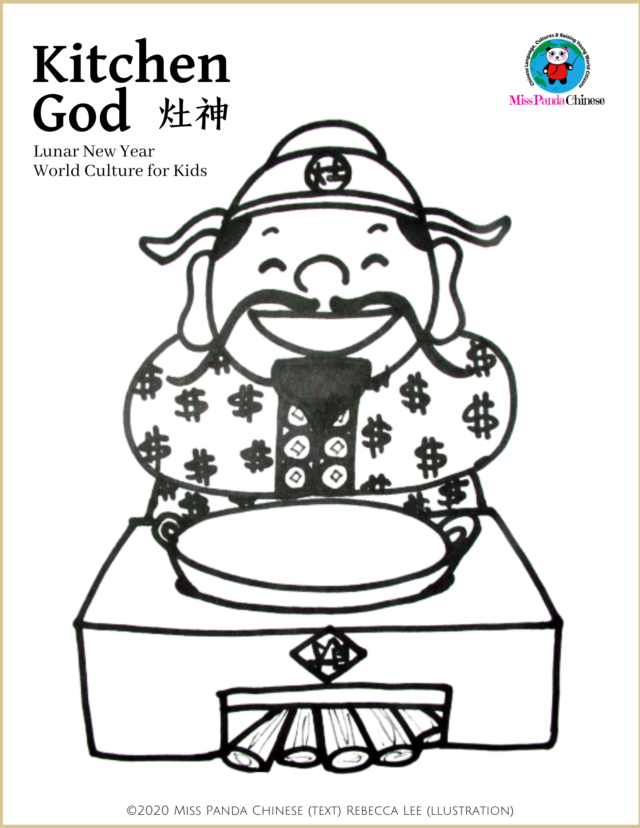Kitchen God and the Preparation for the Lunar New Year
Do you know there is a date to Send Off the Gods in Chinese culture? It is the 24th day of the 12th lunar month each year.
In 2025, this day will be on January 23rd. Why is this an important day? What do people do? Let’s find out!

Who Is KITCHEN GOD
Kitchen God is zào shén 灶神. He is also known as the Stove God. He is the protector of the family and the most important Chinese domestic gods. Chinese people see him as the guardian of each family. He is busy watching every member of the family day in and day out. He stays in the kitchen where the family gathers, talks, and interacts with each other.
One thing we need to know is that every family has its own Kitchen God. However, in modern Chinese society, it is not common to see the portray of Kitchen God being displayed at home.
Who does Kitchen God share the information he collects in each family?
Every year Kitchen God returns to heaven to report how each family has been doing the whole year a few days before the Lunar New Year’s Day. He resumes his work right after the new year begins. Jade Emperor is the supreme ruler of all heaven and earth and Kitchen God and all deities report to him.
Something Sweet for Kitchen God
How do Chinese families send off Kitchen to heaven? There is a simple ceremony with food, sweets, and wine. After that, people will dab some honey or sticky soft candy on the mouth of the Kitchen God.
Chinese people believe that having the sweets on his mouth he will only say sweet good things about their family to the Jade Emperor so they will receive the reward of good fortune and luck in the new year. There is another variation of this legend that is the Kitchen God can’t open his mouth with all the sticky candy on his mouth so he will not say anything but just smile.
Chinese Lunar Calendar
When we talk about the date that Kitchen God returns to Heaven and the date he resumes work back on earth we are talking about the fixed dates. These dates are the same on the lunar calendar every year. This is just like the Lunar New Year falls on the same day each year on the Chinese lunar calendar.
The Chinese lunar calendar is nóng lì 農曆 | 农历 which means agriculture, farming calendar. This calendar is lunisolar. The lunar calendar is also known as yīn lì 陰曆|阴历 which means the moon calendar. Also, many Chinese refer to the Lunar Calendar as jiù lì 舊曆|旧历, and it means the old calendar.
Chinese people in China, Taiwan, and the overseas community continue to use this calendar to observe cultural festivals and select the “lucky” date for important personal and business events.
So, what is the date to send Kitchen God off? It is on the 23rd day of the last month on the lunar calendar. This day is considered a festival known in Chinese as guò xiǎo nián 過小年|过小年 which means having a mini new year. However, some regions have the Kitchen God departing ceremony on the 24th or 25th day.
And the date he returns to earth? It is on the 4th day of the first month on the lunar calendar. It is also the day for all the Gods to return to work on earth. People will usually see special ceremonies around town in Chinese communities around the world.
 Discover the Gifts for the Lunar New Year for your global kids and friends!
Discover the Gifts for the Lunar New Year for your global kids and friends!
Pre-Lunar New Year CleanUp
When the Kitchen God is departing for the annual report. Families begin the most important cleaning event of the year to prepare for the arrival of the Lunar New Year. This is pre-lunar New Year Cleanup is dà sǎo chū 大掃除|大扫除. This expression means “big sweep (and) remove.”
It is a thorough cleanup for the whole house and every member of the family is responsible for this major cleaning event. In addition to the cleaning, red lucky signs with gold or black auspicious expressions will be hung up on the doors and gates. Flowers, sweets, dry cooking ingredients, cured meat, bacon, sausages, special delicacy food, and firecrackers are showing up in markets everywhere. ,
Chinese people want to welcome the new year with a sparkling, clutter-free, and organized home. It symbolizes a new, clean, and fresh beginning! And, the abundance of food preparation reflects the result of a hardworking year’s earnings and rewards. The bright red signs with lucky expressions are to scare away the “Nian monster” and bring in a positive and happy spirit for the New Year!
Global Celebration
The preparation period for the Lunar New Year is about a month long. The celebration of the Lunar New Year is fifteen days. In China and Taiwan, government employees have 7 days paid Lunar New Year vacation time. Adult children who live far away will head home with their families to be with their parents and grandparents for a family reunion.
This is the most important cultural festival for Chinese people in China, Taiwan, and overseas Chinese communities. Lunar New Year is also celebrated in Singapore, South Korea, Brunei, Indonesia, Malaysia, and Vietnam. With the diversity of our world, you can also see Lunar New Year cultural celebrations all over the world!
Explore More about the Lunar New Year
Lunar New Year Guide: Tradition, Taboos, and Celebration
Chinese Animal Birth Signs: The Name, Order Rhyme and Characteristics
The Great Race: The Story of the Twelve Chinese Animal Signs
Educators in the World Culture Program, ESL Program, VIP Kids Program, and Chinese Language Program can consider the following teaching units:
Chinese Lunar New Year Culture and Tradition: 15 Days of Celebration. English – Simplified Chinese version. English – Traditional Chinese version.
Chinese Lunar New Year Greetings, Culture, and Crafts. English-Simplified Chinese version. English – Traditional Chinese Version.


新年快乐
